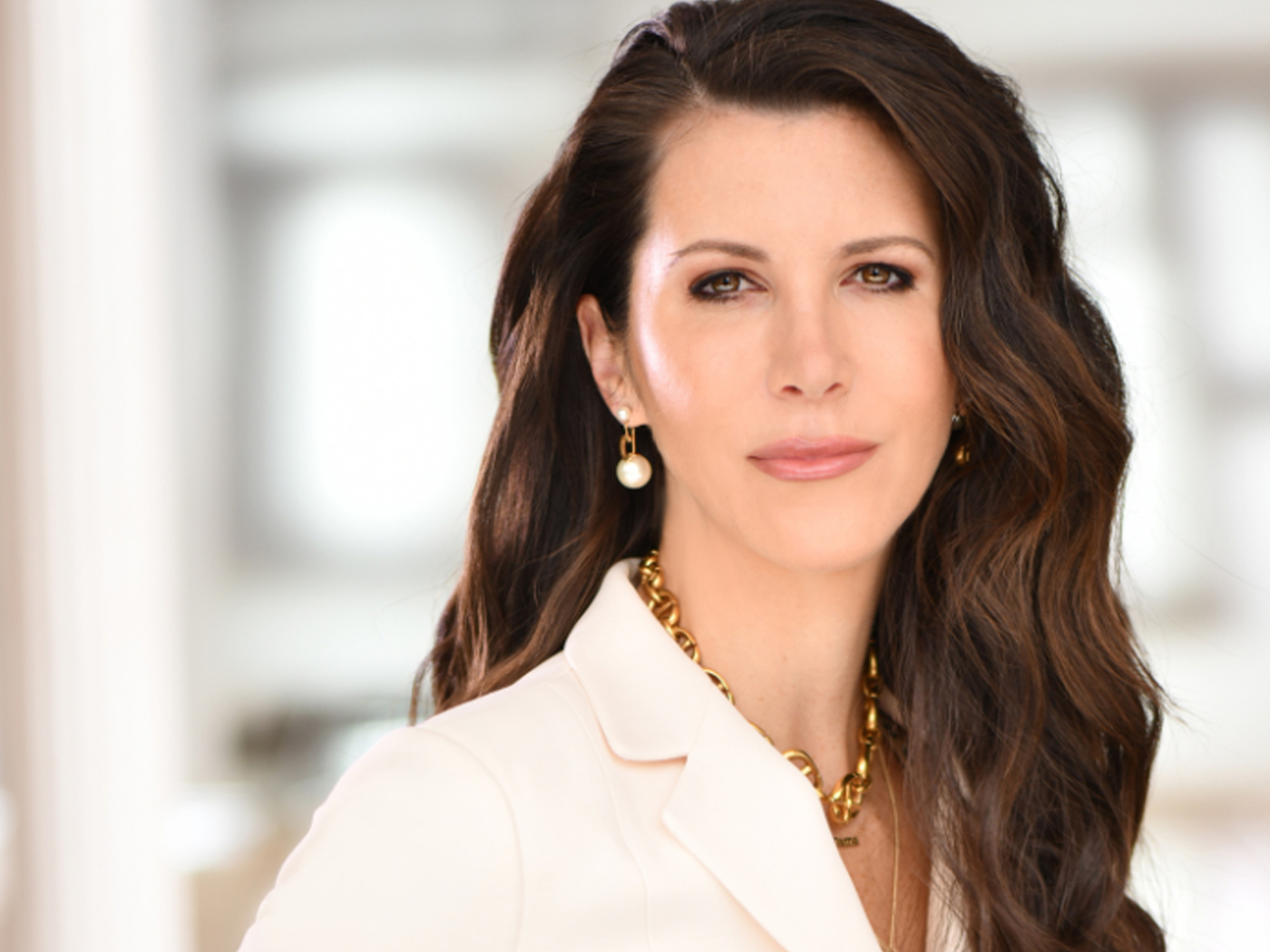Brand founders are often bootstrapped and living paycheck to paycheck, if they get a salary at all. They are among the hardest hit by the coronavirus pandemic.
“Growing businesses and emerging brands are facing an impossible challenge right now. Entrepreneurs and business owners are struggling to keep themselves and their families safe, while also doing what they can to protect their employees and keep their businesses operational,” said Cassie Rosenthal, Executive Vice President at Rosenthal & Rosenthal, a factor and finance company.
Small beauty businesses are particularly vulnerable during these times since many don’t have enough cash on hand to survive. Some experts put the average cash buffer at fewer than 30 days.
What can be done to survive at a time when stores are closed and shopping online for beauty isn’t top of mind?
“I don’t believe an increase in e-commerce sales will offset the massive decline in store foot traffic,” said Andrew Shore, Managing Director of Moelis & Company and a longtime veteran of the beauty financial industry.
Financial experts well versed on the beauty business weighed in.
- Focus on Employees
- “Make sure they’re all safe and working from home,” said Andrew Shore. For many that requires additional costs.
- Staying composed is paramount, added Stephanie Wissink, Equity Research, Consumer for Jefferies. “Leaders set the tone for their teams.”
- Get Closer to Your Customers Than Ever
- “Be responsive and engage consumers in authentic ways,” suggested Andrew Charbin, Managing Director of The Sage Group, an investment bank specializing in beauty and personal care.
- Stephanie pointed out now is a good time for social listening. “Co-create with your brand fans, ask more questions, listen closely to their needs.”
- Triage and Prioritize
- “Sometimes brand founders are too close to the product they created. They look at it from an emotional standpoint and not a business perspective. At the end of the day, each product must produce a profit, and if not, they should do without it,” said Linda Ten Eyck, Managing Partner for Ten Eyck Business Solutions, which supports emerging and existing brands.
- Don’t get paralyzed; take smaller steps that are digestible. “As tempting as that one big opportunity may be, small wins will keep teams motivated, moving forward and providing needed operating cash flow,” said Stephanie.
- Play to Your Core
- “To be stand out, stress your core competencies,” said Andrew Charbin.
- By nature, entrepreneurs bubble with ideas. “But companies that are strapped for cash need to only focus on one thing that they can do now and do well. This is no time for extracurriculars,” said Andrew Shore.
- “Return to what makes your brand/product/service the most unique and lean heavily into the areas where you have built equity with your suppliers, distributors and consumers,” said Stephanie.
- Cost Containment
- “Hold your cash as though you will never see another dime again,” advised Andrew Shore. “Take control of your cost structure and supply chain. Learn now to say no to people, particularly retailers.”
- Outside Help
- Handle this one with care, experts advised. Seeking investors prematurely could siphon off the value of a company.
- “Explore financial options if existing structures are creating constraints but be reasonable with your expectations; control your controllables and flex where possible. Demonstrate revolve,” said Stephanie. “Uncertain times test everything about business; but the core tenants of building a company are unchanged: innovative ideas, accessible products, storytelling, brand purpose and financial stewardship all still matter.”
- Plan for the Future
- “Assess known and unknown risks, prepare for the unexpected so it minimizes disruption when a surprise emerges,” added Stephanie.
- Parting advice
- “Pray this is short-lived,” said Andrew Shore.




